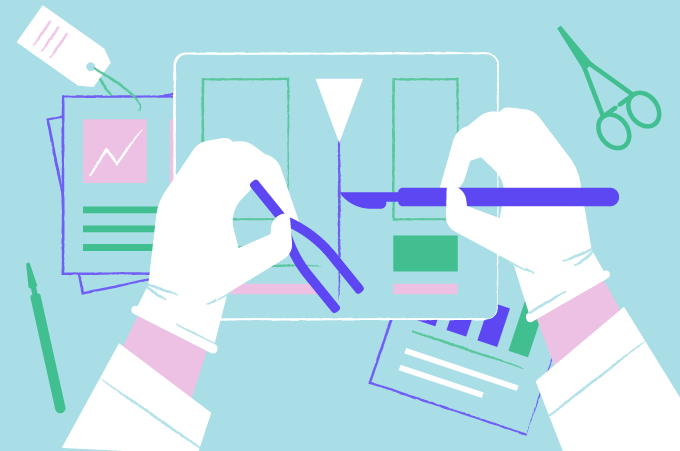Brain Magic
This week we learned about the brain and its involvement in learning. I will share two exciting resources on the brain and learning and information processing theory.
Just like the body needs food to function optimally, the brain needs information to stretch its muscles and remain actively capable. This information was found in Psychology Today, where I learned how the brain plays a crucial role in learning. As we learn new things, our brain creates neural connections and strengthens existing ones. This process is known as neuroplasticity. Different parts of the brain are responsible for different types of learning, such as language, motor skills, and memory. Sleep, nutrition, and exercise also play essential roles in optimizing brain function and enhancing learning. We must keep the brain active and stimulated, especially as we age, to lessen the likelihood of neurological diseases.
The next resource is a blog posted by Boris on Able. This one helped me to understand how mental mechanisms work and spoke about the information processing model. Information processing theory is a cognitive psychology framework that explains how the human brain processes, analyzes, and stores information. It proposes that humans use mental processes, such as attention, perception, memory, and problem-solving, to input, organize, and retrieve information. The theory suggests people can enhance their cognitive abilities through practice and learning. The article helped me to understand how the brain works, how information is processed, and how to best solve problems. Finding a method that works best for you and practicing problem-solving regularly to improve your skills is important.



Comments
Post a Comment